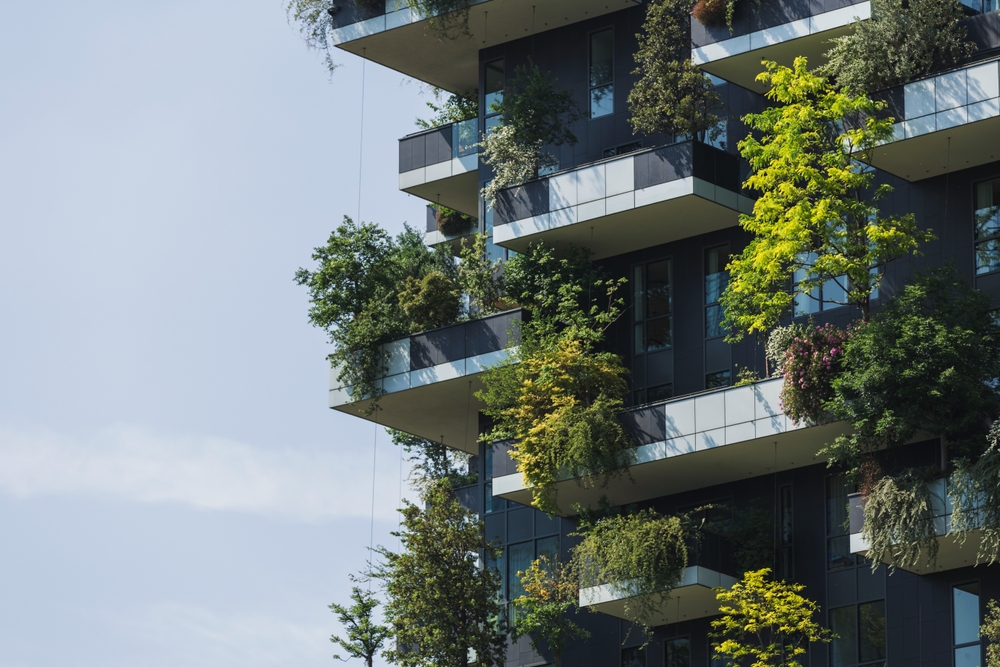The Hidden Costs of Lifestyle Creep: Navigating Financial Prosperity
In an era of rapid economic shifts and evolving personal finance landscapes, a subtle yet pervasive financial phenomenon is gaining attention: lifestyle creep. This gradual increase in spending as income rises can significantly impact long-term financial health, often unnoticed until it's too late. As we delve into the intricacies of lifestyle creep, we'll explore its causes, consequences, and strategies to maintain financial equilibrium amidst growing prosperity.

Understanding Lifestyle Creep
Lifestyle creep occurs when an individual’s standard of living improves as their discretionary income increases. While this may seem harmless or even desirable at first glance, it can lead to a cycle of increased spending that outpaces income growth. This phenomenon is often characterized by upgrades in housing, vehicles, dining habits, and leisure activities, which can quickly become the new normal.
The psychology behind lifestyle creep is rooted in human nature. As we earn more, we tend to believe we deserve more, leading to a constant pursuit of upgrading our lifestyles. This mindset can be further reinforced by societal pressures and marketing tactics that encourage consumption as a marker of success.
The Snowball Effect on Financial Goals
One of the most significant impacts of lifestyle creep is its ability to derail long-term financial objectives. As discretionary spending increases, less money is available for savings, investments, and debt reduction. This can lead to a false sense of financial security, where individuals feel prosperous in the short term but are actually compromising their future financial stability.
For example, a professional who receives a substantial raise might upgrade to a larger home or a luxury car, increasing monthly expenses. While these upgrades may be affordable in the present, they reduce the capacity to save for retirement, build an emergency fund, or invest in opportunities that could provide long-term financial growth.
The Psychological Toll of Elevated Expectations
Beyond the tangible financial implications, lifestyle creep can have profound psychological effects. As individuals become accustomed to a higher standard of living, it becomes increasingly difficult to scale back, even when necessary. This can lead to stress and anxiety, particularly if financial circumstances change unexpectedly.
Moreover, the constant pursuit of upgrades can create a hedonic treadmill effect, where satisfaction derived from material possessions is fleeting, leading to a cycle of always wanting more. This perpetual state of desire can detract from overall life satisfaction and financial well-being.
Strategies for Mitigating Lifestyle Creep
Recognizing and mitigating lifestyle creep requires intentional financial planning and a shift in mindset. Here are several strategies to help maintain financial balance:
-
Prioritize financial goals: Before increasing spending, reassess and prioritize long-term financial objectives such as retirement savings, debt reduction, or building an emergency fund.
-
Practice conscious spending: Evaluate each potential upgrade or increased expense against long-term financial goals and personal values.
-
Automate savings and investments: Increase contributions to savings and investment accounts in proportion to income increases, ensuring that additional earnings are allocated to financial growth.
-
Maintain a lifestyle buffer: Live below your means by maintaining a gap between income and expenses, providing flexibility and reducing financial stress.
-
Focus on experiences over possessions: Shift spending towards meaningful experiences rather than material upgrades, which often provide more lasting satisfaction.
Practical Tips for Balancing Growth and Financial Stability
• Implement the 50/30/20 rule: Allocate 50% of income to needs, 30% to wants, and 20% to savings and debt repayment.
• Delay gratification on major purchases: Wait 30 days before making significant lifestyle upgrades to ensure they align with long-term goals.
• Regularly review and adjust your budget: As income increases, review your budget to ensure additional funds are allocated strategically.
• Cultivate contentment: Practice gratitude for current circumstances to reduce the urge for constant upgrades.
• Seek value in all purchases: Focus on quality and longevity rather than luxury or status when making necessary upgrades.
Embracing Financial Mindfulness in Prosperity
As we navigate the complexities of personal finance in an age of rapid economic change, understanding and managing lifestyle creep becomes crucial for long-term financial health. By maintaining awareness of spending patterns, aligning expenses with personal values and long-term goals, and cultivating a mindset of financial mindfulness, individuals can enjoy the benefits of increased income without compromising future financial stability.
Ultimately, the key to navigating lifestyle creep lies in striking a balance between enjoying the present and securing the future. By approaching financial prosperity with intention and foresight, we can build a sustainable and satisfying lifestyle that supports our long-term financial well-being.





